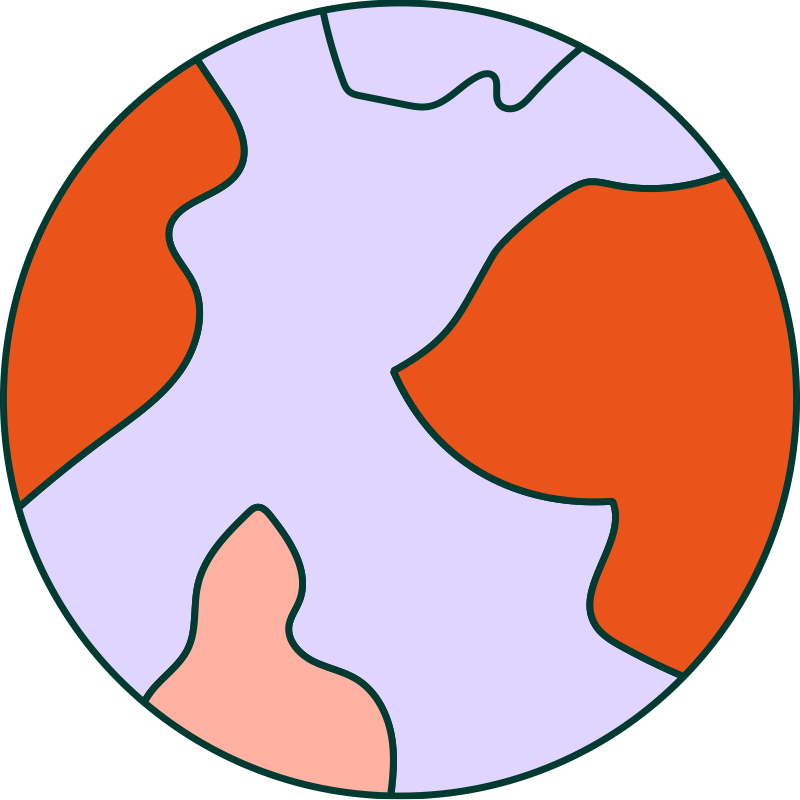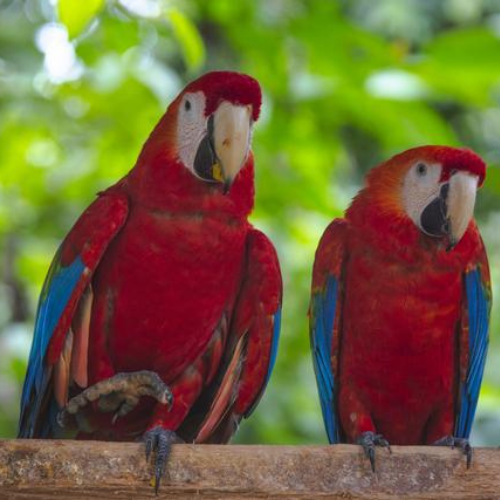Animal Welfare
Planeterra and our community partners care about animals and we work with community enterprises that share this vision and are working to make it a reality.


We consider the following practices unacceptable traveller experiences and should not be offered by our community tourism partners:
- Any activity involving captive elephants
- Any activity involving captive whales and/or dolphins
- Any type of hunting, or non-sustainable fishing
- Activities involving overt cruelty (such as bear baiting, bull fighting, cockfighting, or ritual animal slaughter)
- Activities involving behavior that goads or provokes animals (such as bull running or crocodile wrestling)
- Drugging of animals for any non-medical purpose
- Farms with poor welfare standards, where wild animals are bred to create commercial products (e.g. tiger farms, reptile farms, turtle, or civet farms)
- Consumption of animals that are either locally or globally endangered or under threat (e.g. eating/drinking whale meat, puffin, shark, tiger wine, etc.)
- Performances or shows involving wild animals
- Poorly housed animals used as a display, ornament, or attraction at, for example, restaurants, casinos, and shops
- Handling, touching or any close contact with any wild animals (e.g. holding or feeding of animals, such as lion/tiger cubs, monkeys, sloths, etc. for selfies, riding of wild animals such as ostriches, petting tigers, or walking with lions.)
- Animals used for soliciting money (snake charming, dancing bears, primates on chains, etc.)

We prefer for our community partners to take travellers to see animals in their natural habitats, but in the instances where captive animal experiences are included in experiences offered by our community partners (usually in sanctuaries and rescue centers or domestic/working animals), community tourism enterprises should ensure that these:
- Possess all relevant licenses required
- Are a genuine sanctuary or conservation program
- Keep animals in acceptable conditions, meeting internationally recognized standards of care
- Do not undertake surgery or physical modification of skin, tissues, teeth, or bones of an animal other than for the purposes of genuine medical treatment (e.g. wing pinioning, claw removal, or mouth taping)
- In the case of working animals: that these are in healthy condition, are not overloaded, have adequate water and rest periods and are housed in acceptable conditions when not working

Where our community partners bring travellers to view animals in the wild as part of their tourism experiences our community partners will work to ensure:
- That travellers keep a safe and respectful distance from wild animals and noise is kept to a minimum
- That deliberate direct contact with, chasing, or harassment of wild animals does not take place
- That no feeding of wild animals takes place (with the exception of wild birds, provided feeding is not detrimental to them)
- That unregulated plant and animal collection, or the sale of endangered wildlife products does not take place
- In marine animal viewing: that our community partners are made aware of and encouraged to achieve the standards set out in relevant guidelines, such as the World Cetacean Alliance Responsible Whale Watching Guidelines and the WWF Guide to Best Practice in Shark and Ray Tourism

